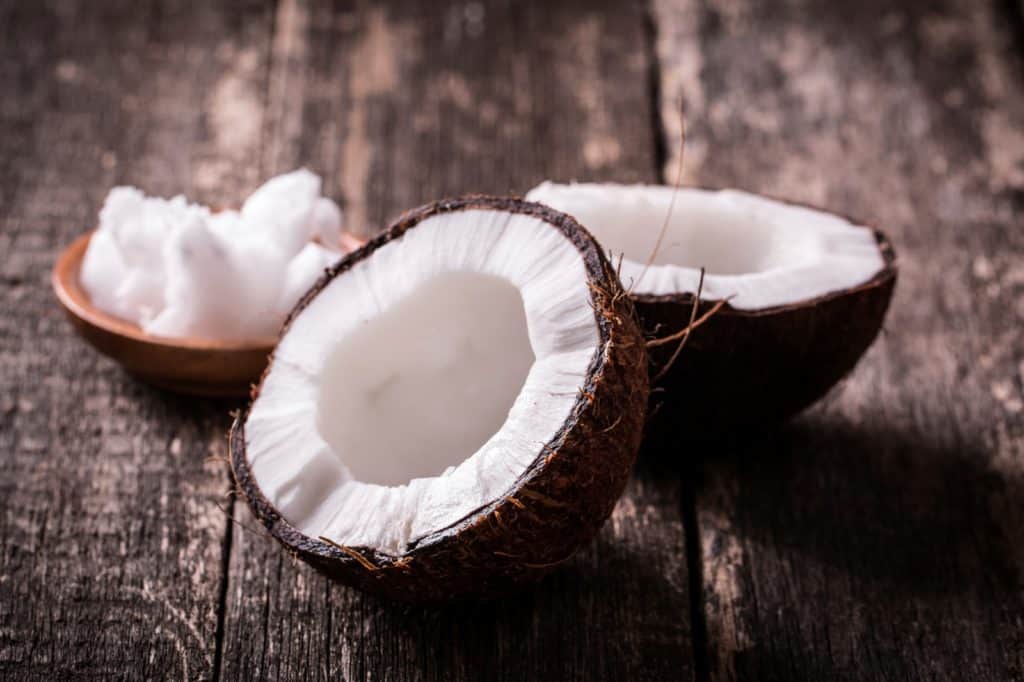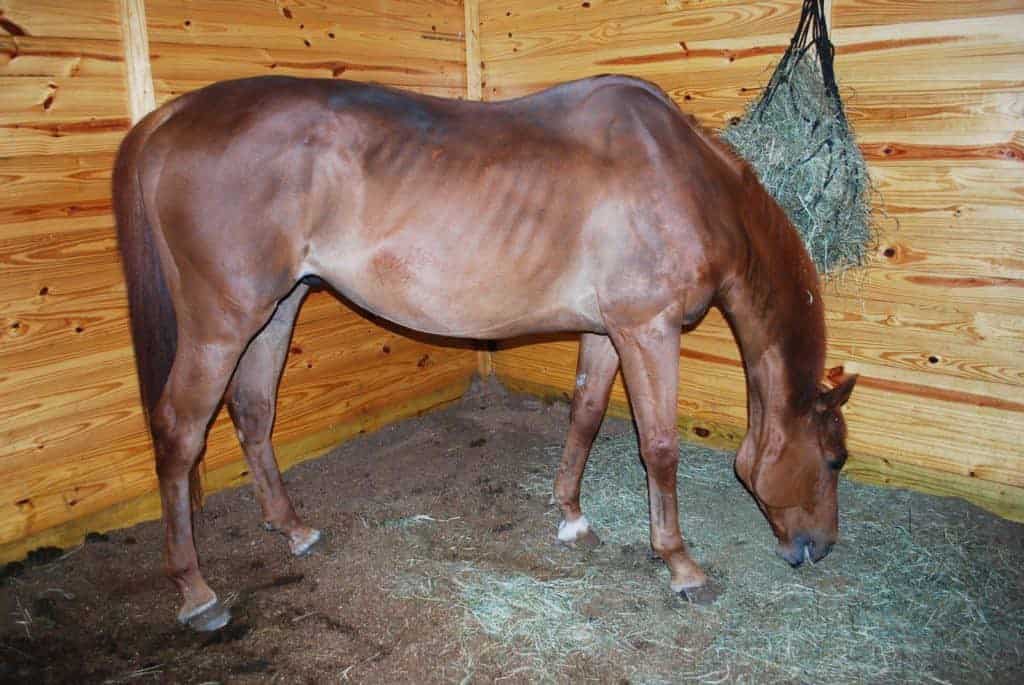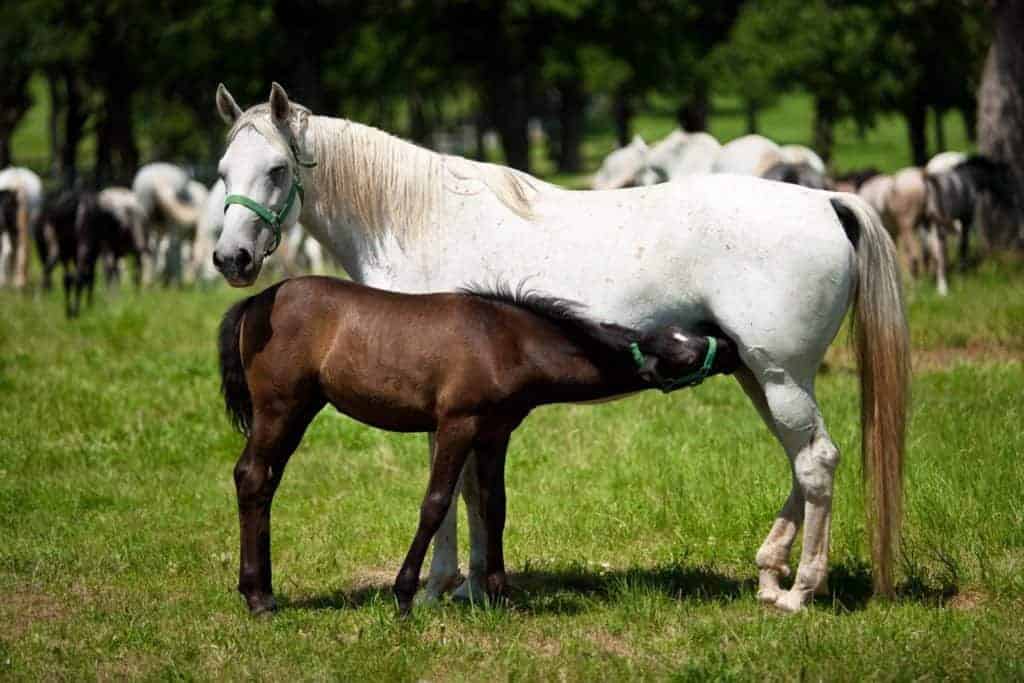
Copra Meal or Rice Bran to Help Horses Gain Weight?
Is rice bran or coconut (copra) meal a better option to help a horse gain weight? Our nutritionist shares her thoughts.

Is rice bran or coconut (copra) meal a better option to help a horse gain weight? Our nutritionist shares her thoughts.

How can you make sure your horse is getting the nutrition he needs during the cold months? Ask our equine nutritionist!

A nutritionist can tell you if you’re over- or underfeeding or supplementing and address other equine diet concerns.

Weanlings require additional support and feeding adjustments as they grow. Here’s what to remember.

Researchers are discovering how the vast and varied microbes in the horse’s gastrointestinal tract impact equine health.

Researchers are learning more about how microbes within the gut influence horse health.

In most cases, energy requirement recommendations are an estimate of what a horse needs.

How young horses are fed and housed can impact how osteochondral lesions evolve, and even help them heal.

Carbohydrates are the main source of dietary energy for horses and are important for fast, quick-burning power.

Our nutrition expert considers grain hays, grass hay, and alfalfa for feeding growing horses.

Presentation topics include feeding through a horse’s life cycle, evaluating body condition, nutrition myths, and more.

Dr. Laurie Lawrence shares results of studies on mare milk composition and foals’ GI microbial colonization.

Fat is an energy powerhouse that is a horse’s most abundant energy source.

Of the 413 respondents, 212 (51%) have dealt with an equine picky eater.

Get information-packed nutrition content throughout March.

With a rapidly growing foal on board, late gestation can pose nutritional challenges for pregnant mares.
Stay on top of the most recent Horse Health news with
"*" indicates required fields